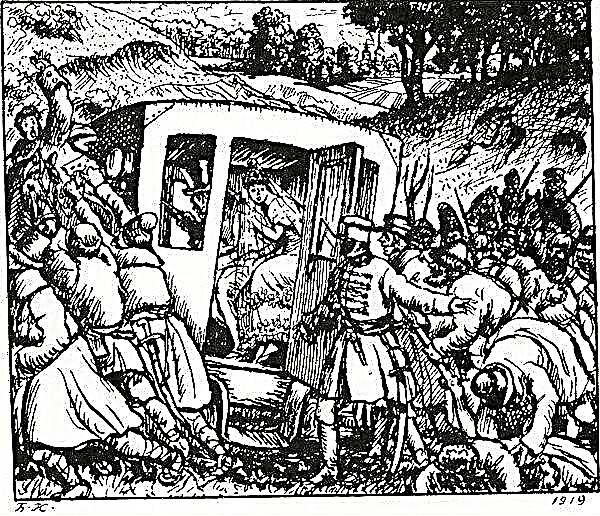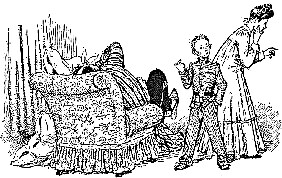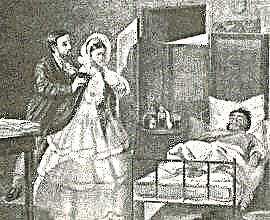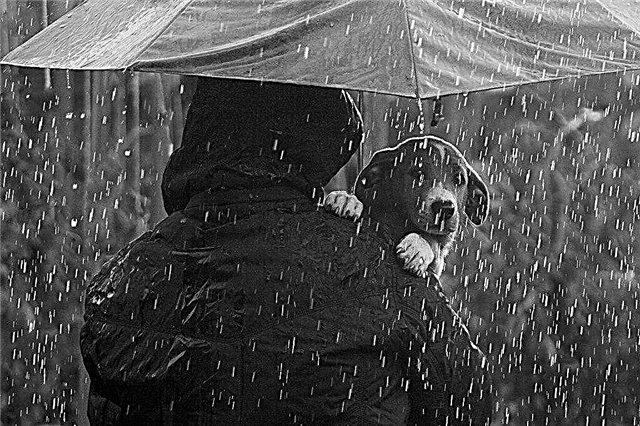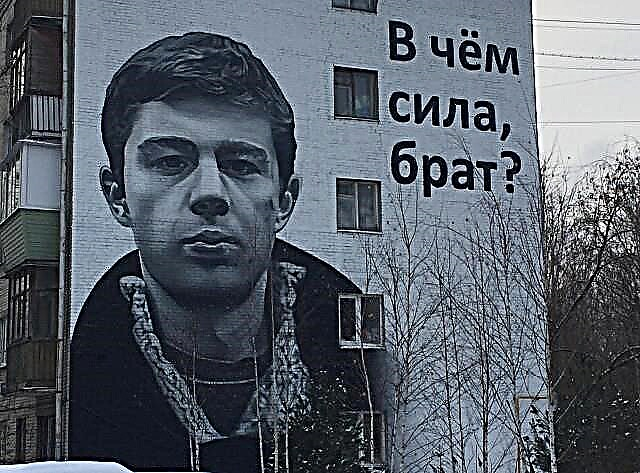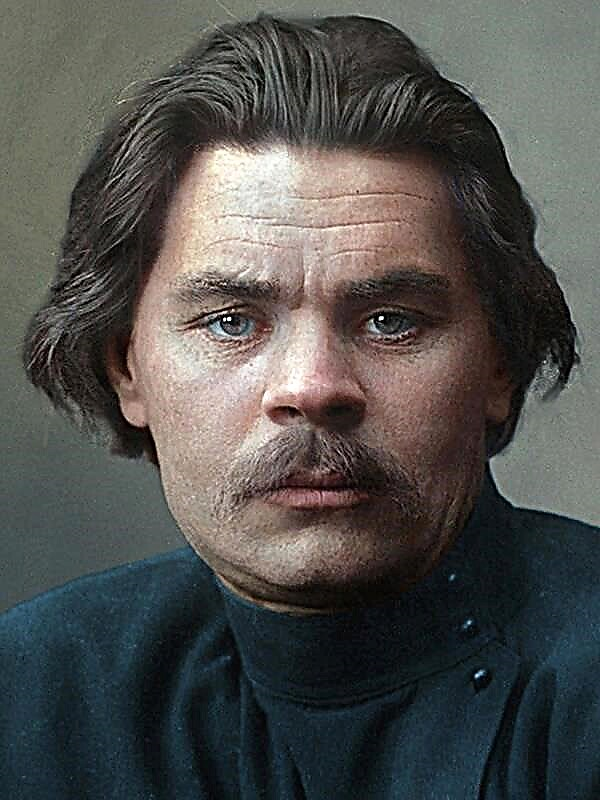Last summer of World War II. Its outcome is already a foregone conclusion. The Nazis are desperately resisting the Soviet troops in a strategically important direction - the right bank of the Dniester. A bridgehead one and a half square kilometers above the river, held by entrenched infantry, is fired day and night by a German mortar battery from closed positions at a dominant height.
The number one task for our artillery reconnaissance, which has become literally entrenched in a slope in an open space, is to determine the location of this battery.
With the help of a stereo pipe, Lieutenant Motovilov with two privates conduct vigilant control over the terrain and report the situation to that bank to the commander of the Yatsenko division to adjust the actions of heavy artillery. It is not known whether there will be an offensive from this bridgehead. It begins where it is easier to break through the defense and where there is operational scope for tanks. But there is no doubt that much depends on their intelligence. No wonder the Germans during the summer twice tried to force a bridgehead.
At night, Motovilov is unexpectedly replaced. After crossing to the location of Yatsenko, he learns about the increase - he was a platoon, became the battery commander. On the lieutenant's track record, this is the third war year. Immediately from the school bench - to the front, then - the Leningrad Artillery School, at the end - the front, the wound near Zaporozhye, the hospital and again the front.
A short vacation is full of surprises. The construction for awarding several subordinates is ordered. Acquaintance with the medical instructor Rita Timashova instills in the inexperienced commander the confidence in the further development of unregulated relations with her.
From the bridgehead comes a single roar. The impression is that the Germans went on the offensive. Communication with the other coast is interrupted, artillery strikes "in the white light." Motovilov, anticipating trouble, volunteered to establish a connection, although Yatsenko suggests sending another. A signalman, he takes Private Mezentsev. The lieutenant is aware that he has insurmountable hatred for his subordinate and wants to make him go through the entire “course of science” at the forefront. The fact is that Mezentsev, despite his military age and the ability to evacuate, remained with the Germans in Dnepropetrovsk, played in the orchestra on a horn. The occupation did not stop him from marrying and having two children. And they released him already in Odessa. He is from that breed of people, according to Motovilov, for whom everything else is difficult and dangerous in life. And others still fought for him, and others died for him, and he is even sure of his right.
On the bridgehead are all signs of retreat. Several surviving wounded foot soldiers talk about powerful enemy pressure. Mezentsev has a cowardly desire to return while the crossing is intact ... Military experience tells Motovilov that this is just a panic after mutual skirmishes.
NP is also cast. Motovilov's changer was killed, and two soldiers fled. Motovilov regains contact. He begins an attack of malaria, which most suffer from here due to dampness and mosquitoes. Unexpectedly appeared Rita treats him in a trench.
The next three days at the bridgehead silence. It turns out that the Babin infantry battalion with an advanced, "calm, stubborn man," is associated with Rita for a long time strong bonds. Motovilov has to suppress a feeling of jealousy in himself: "After all, there is something in him that is not in me."
A distant artillery rumble upstream portends a possible battle. The nearest hundred-kilometer bridgehead is already occupied by German tanks. There is a relocation of compounds. Motovilov sends Mezentsev to establish communications in the swamp for greater security.
Before the tank and infantry attack, the Germans conduct massive artillery preparation. When checking the connection, Shumilin, a widower with three children, dies, managing only to report that Mezentsev did not make a connection. The situation is significantly complicated.
Our defense resisted the first tank attack. Motovilov managed to arrange an NP in a wrecked German tank. From here, the lieutenant with a partner shoot at enemy tanks. The whole bridgehead burns. Already at dusk, our counter-attack. Melee is tied.
Motovilov loses consciousness from a blow from behind. Recovering, he sees retreating fellow soldiers. The next night he spends in the field, where the Germans shoot the wounded. Fortunately, Motovilova is looking for the orderly and they move on to their own.
The situation is critical. There are so few people left from our two regiments that everyone is placed under a cliff on the shore, in burrows in a slope. There is no crossing. The command of the last battle takes over Babin. There is only one way out - to escape from the fire, mix with the Germans, drive without breaking away and take the heights!
Motovilov was entrusted with command of a company. At the cost of incredible losses, our triumph. There is information that the offensive was carried out on several fronts, the war moved west and spread to Romania.
Amid the general glee at the conquered heights, a stray shell kills Babin in front of Rita. Motovilov is keenly worried about both the death of Babin and the grief of Rita.
And the road again leads to the front. Received a new combat mission. Incidentally, on the way there is a regimental trumpeter Mezentsev, proudly riding a horse. If Motovilov survives to victory, he will have something to tell his son, about whom he already dreams.



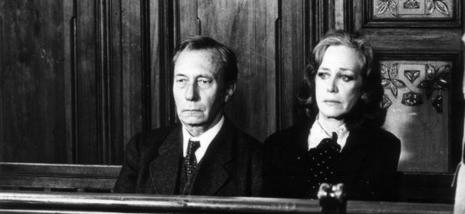
 Criminal mother
Criminal mother